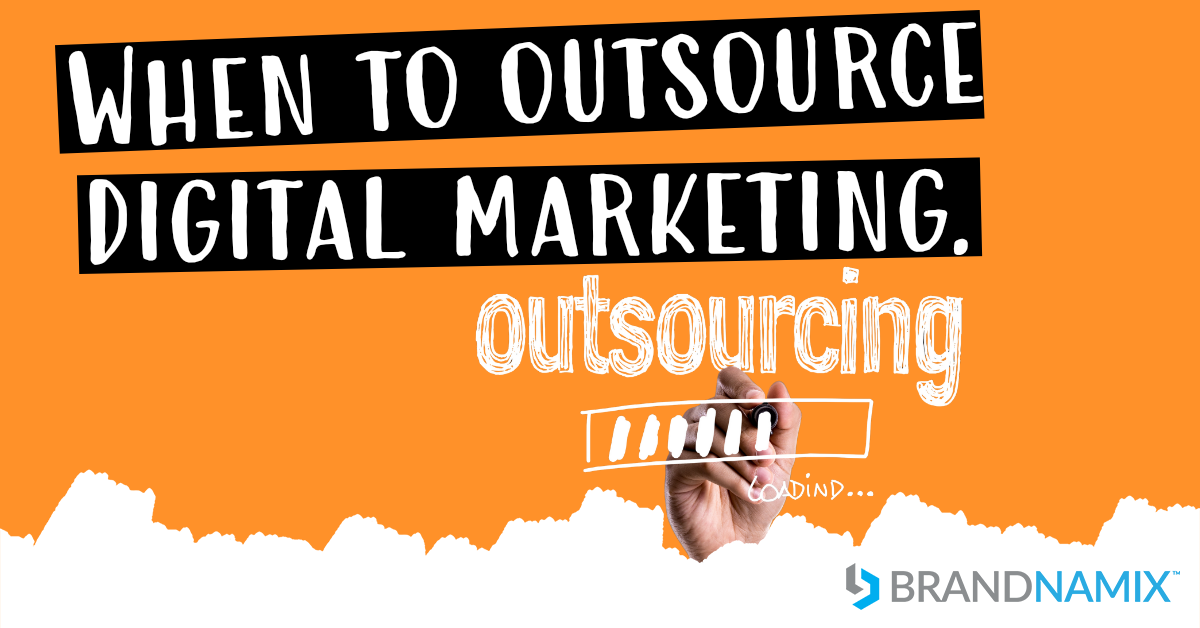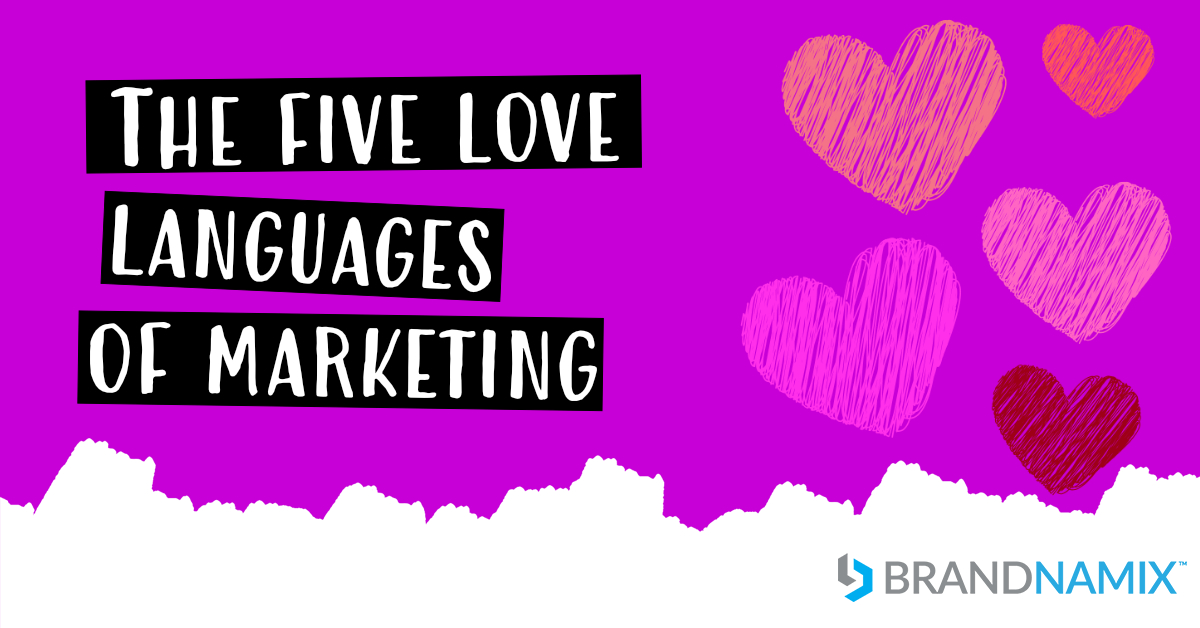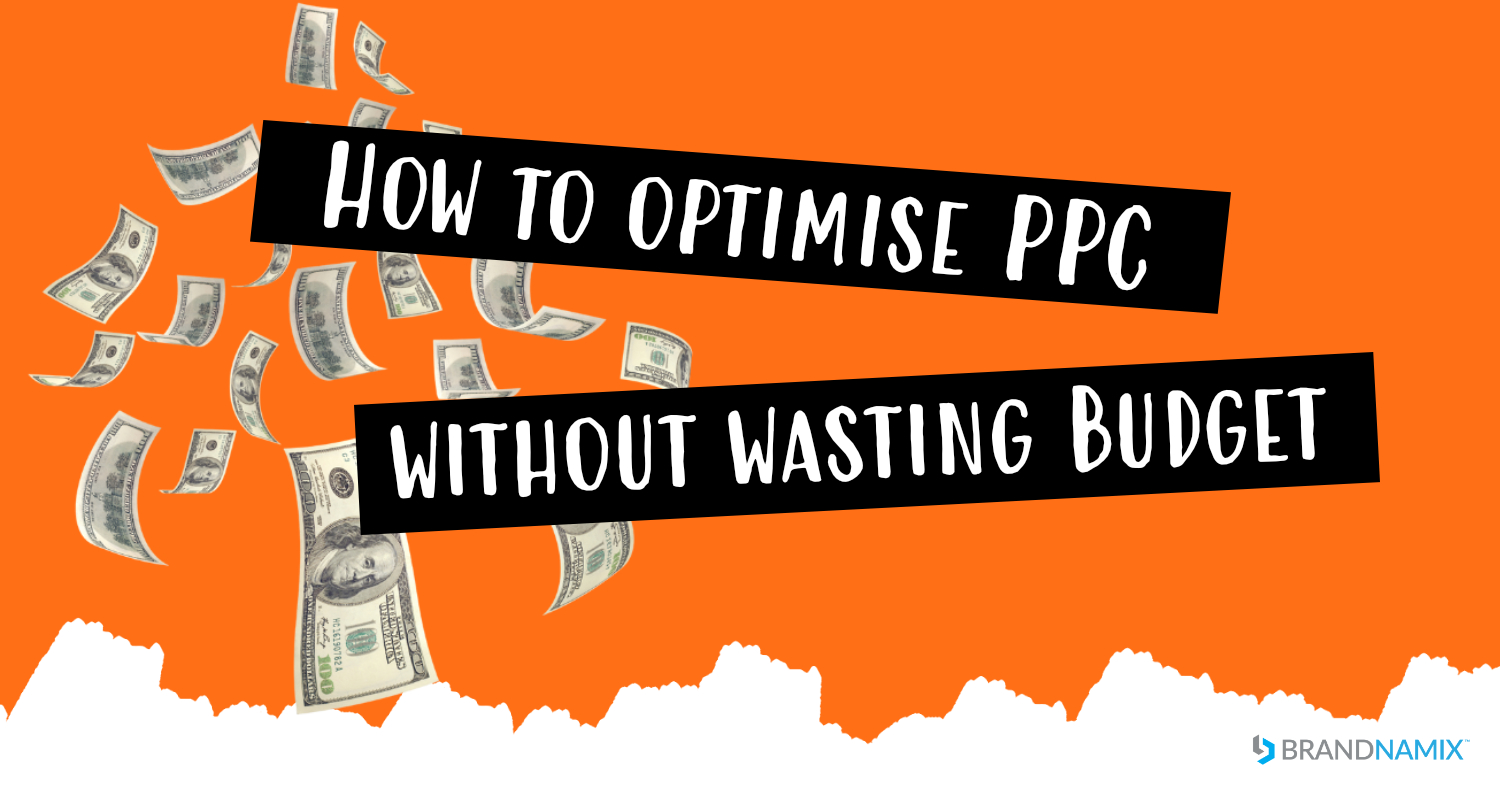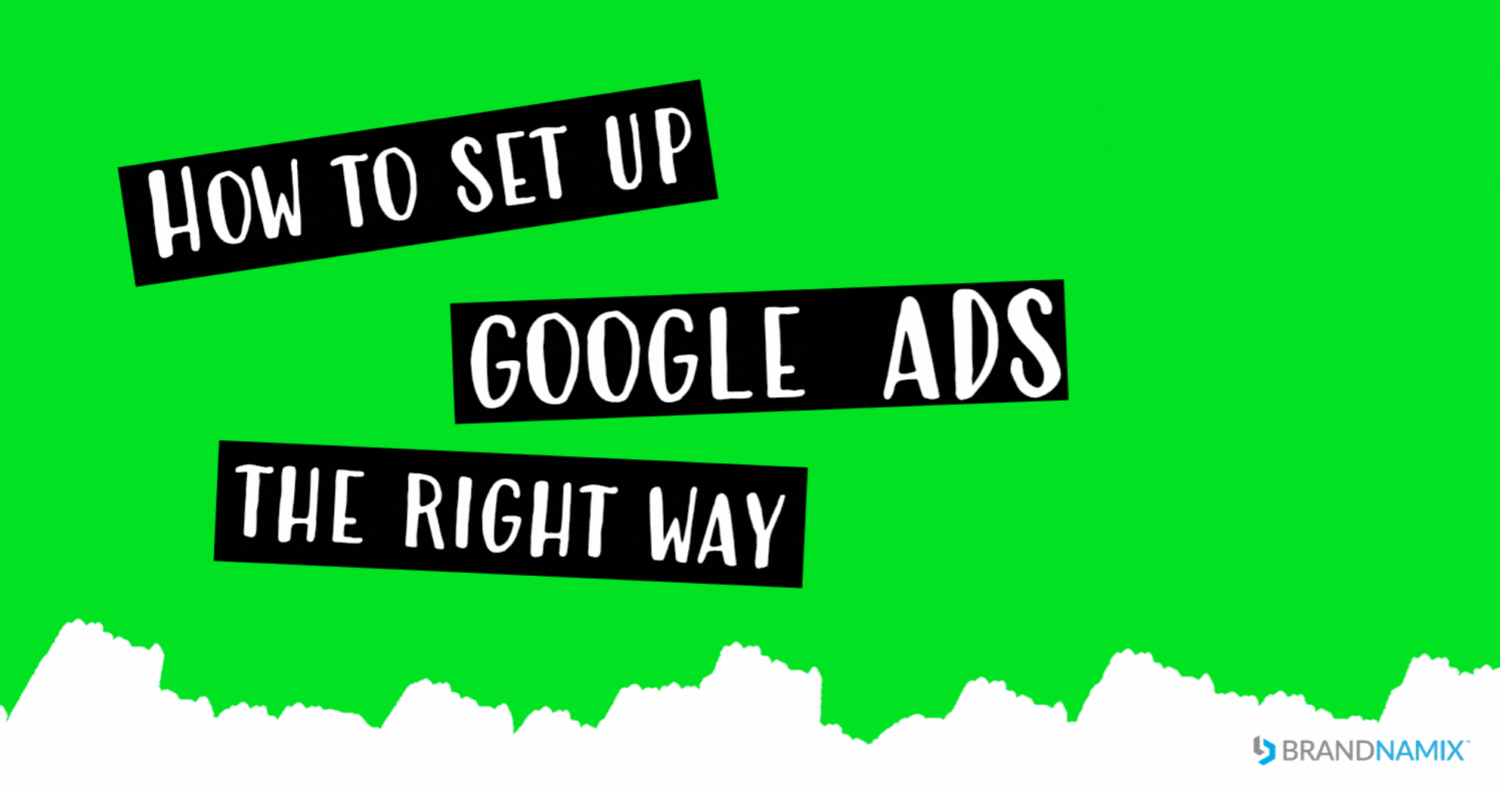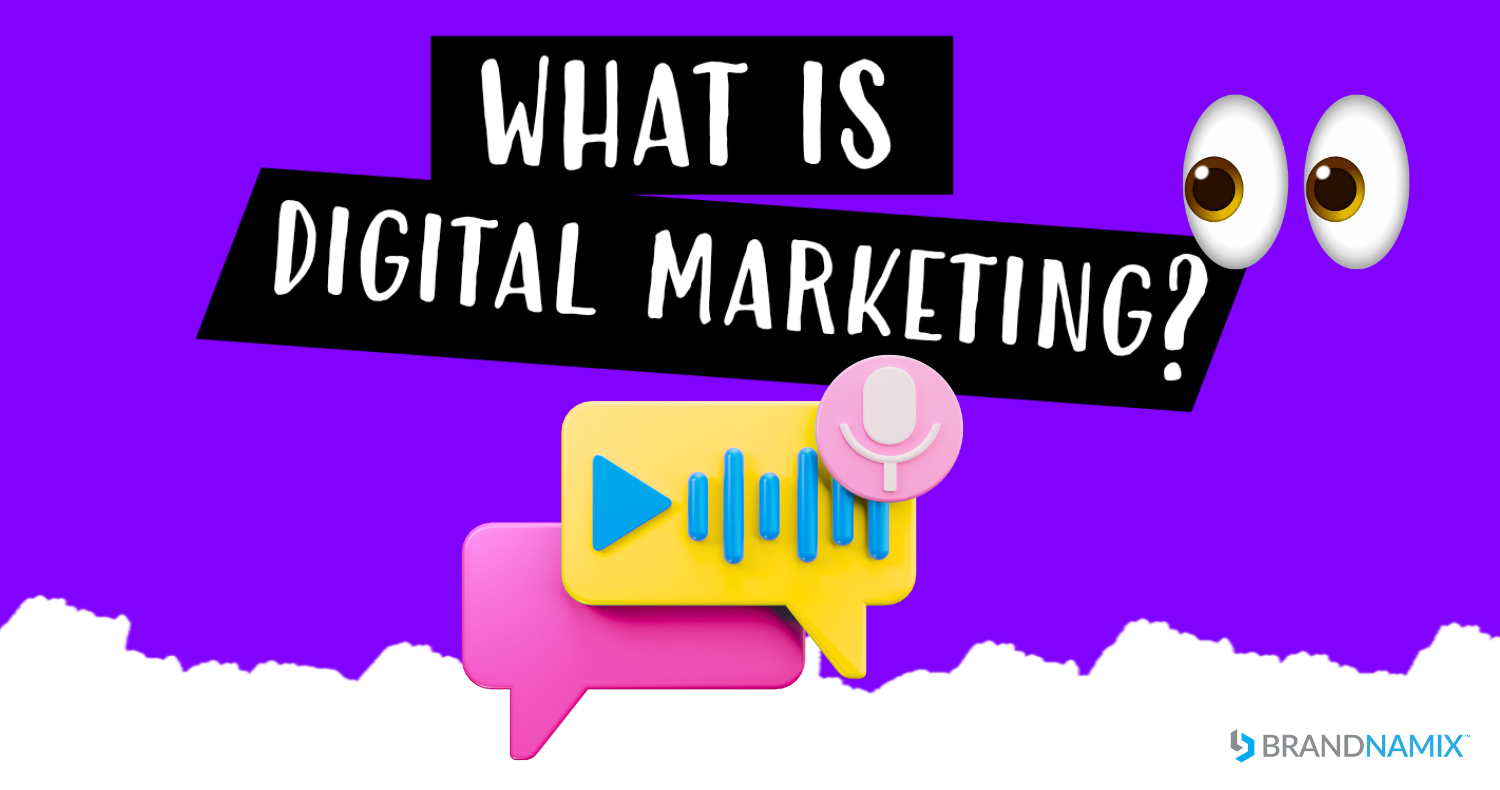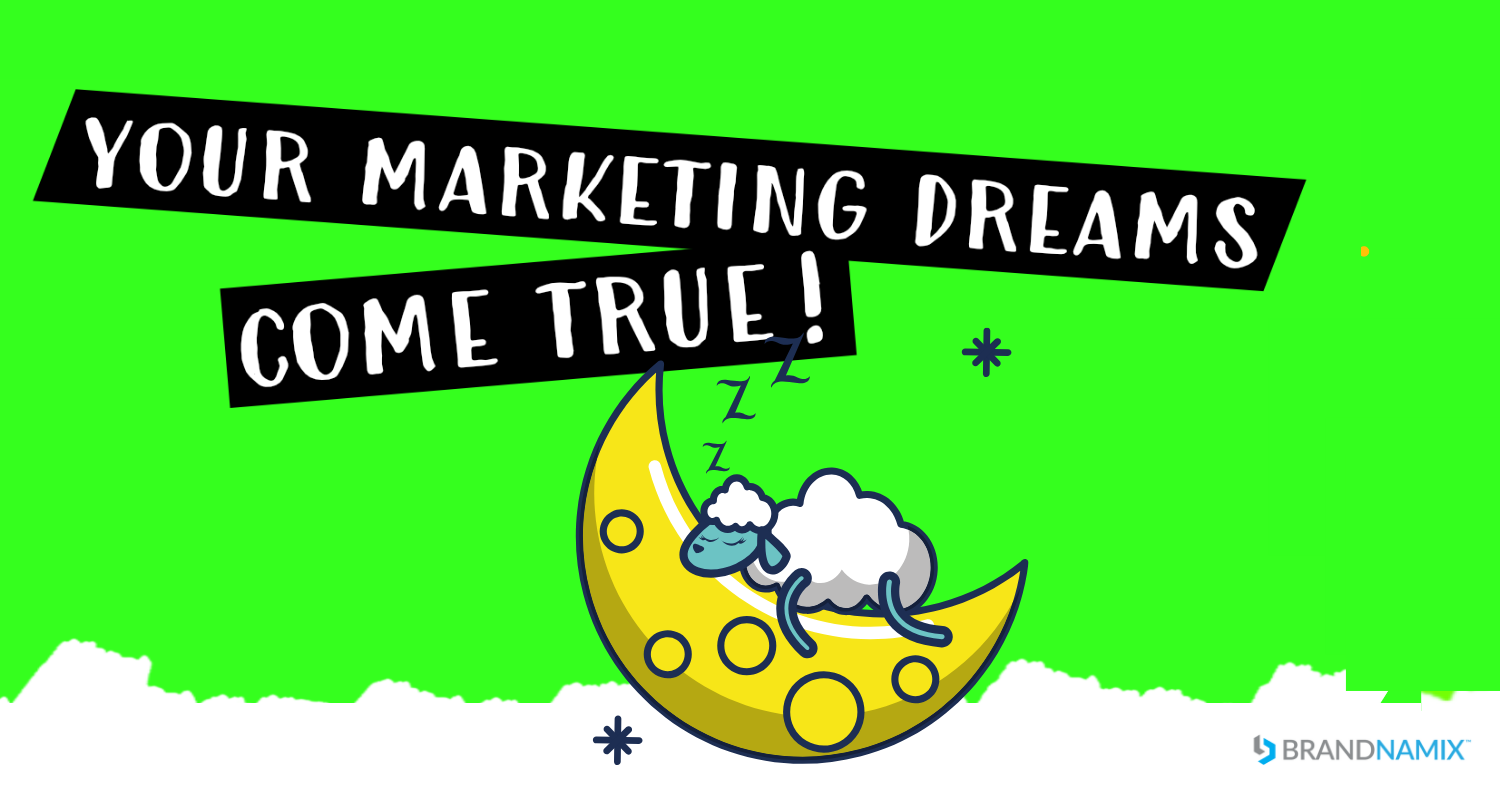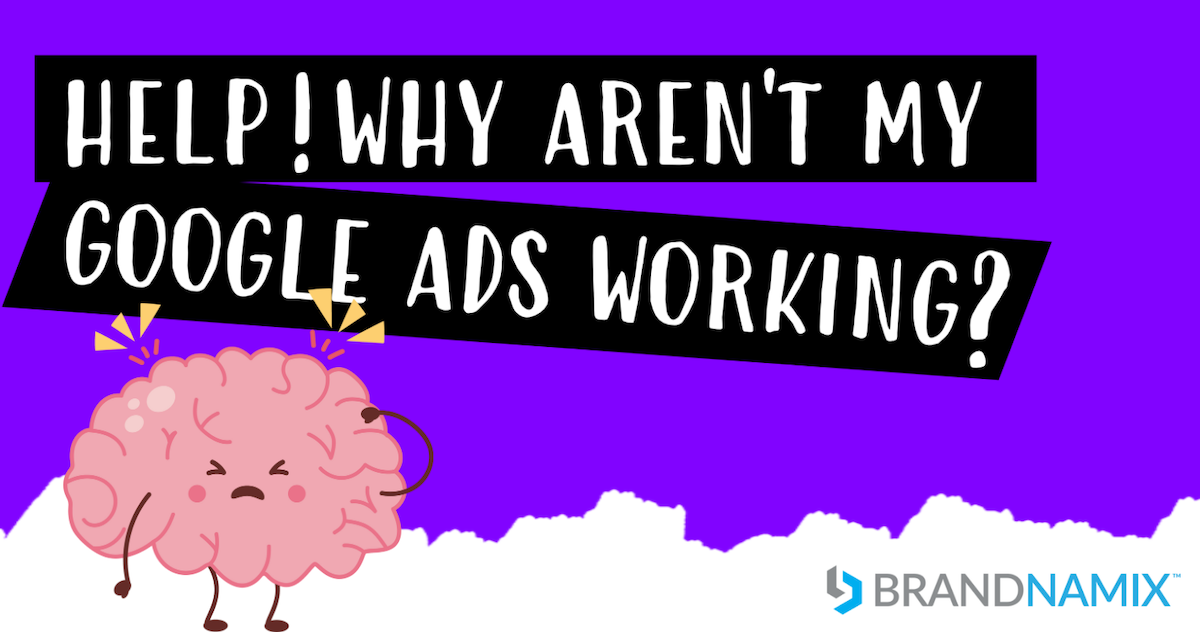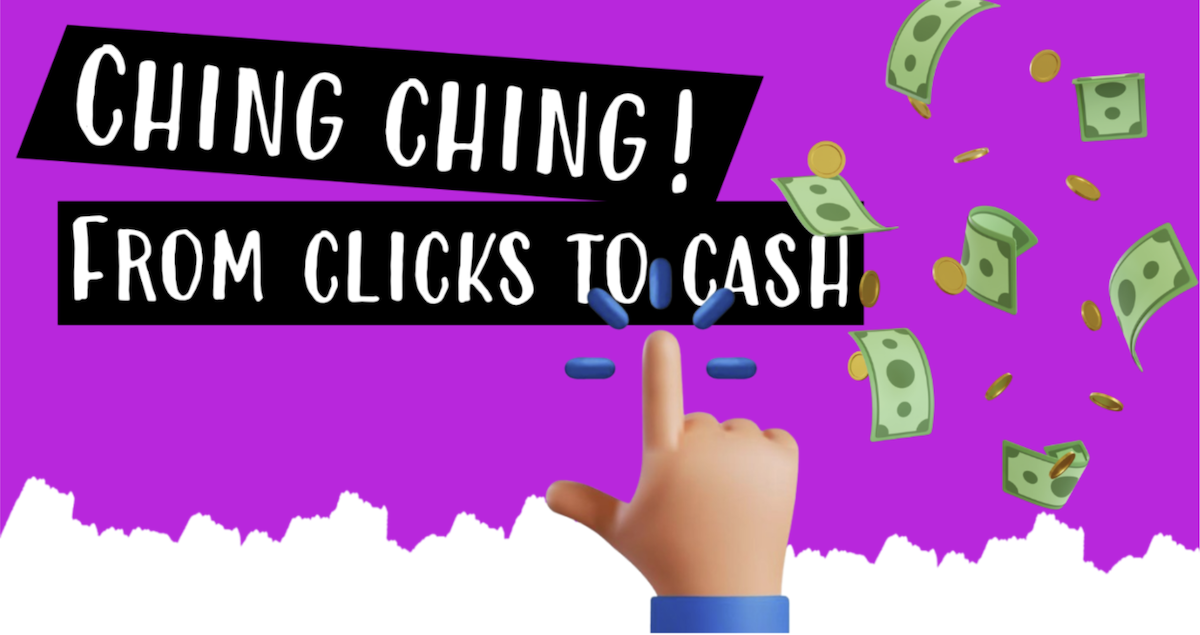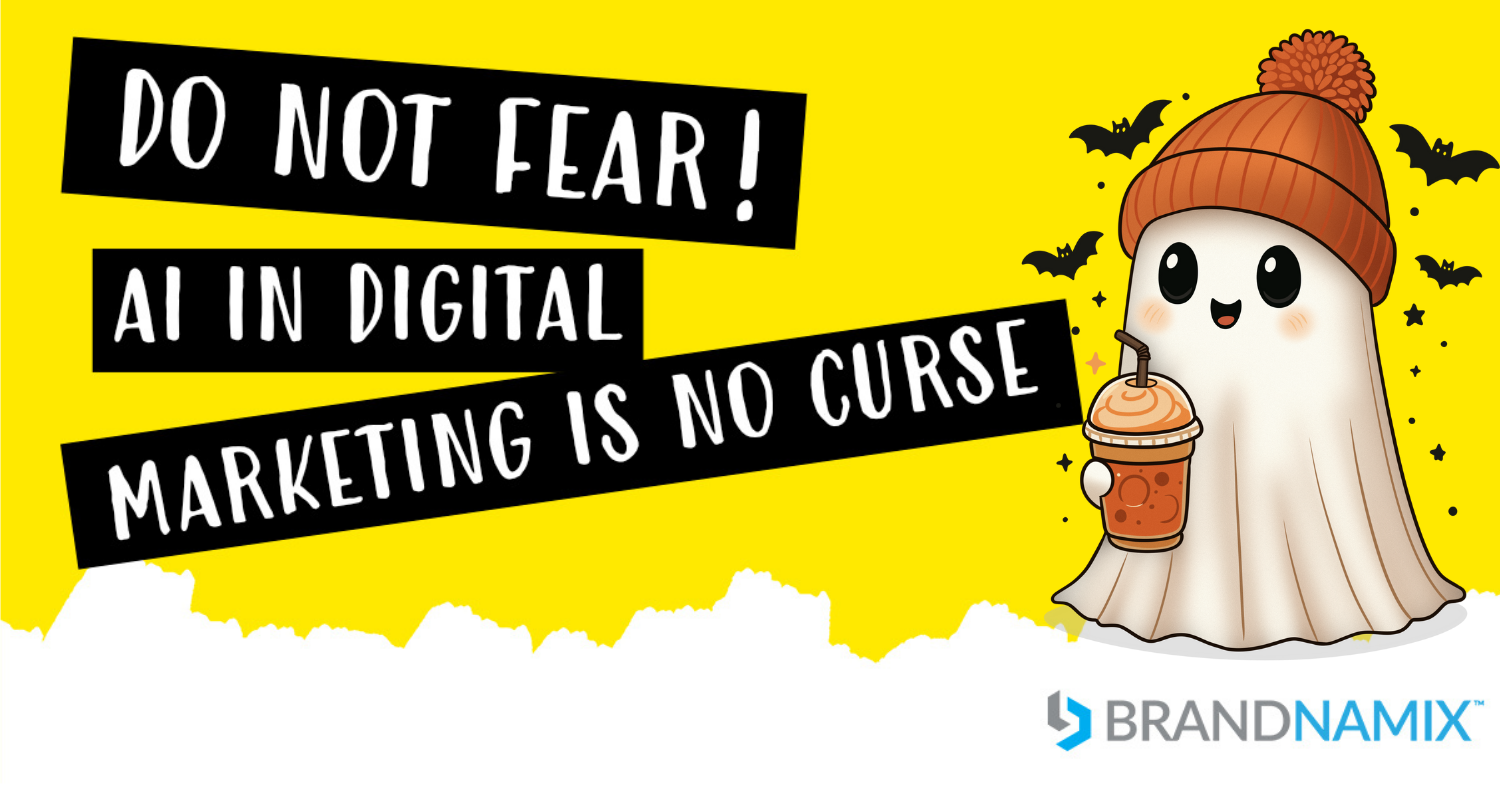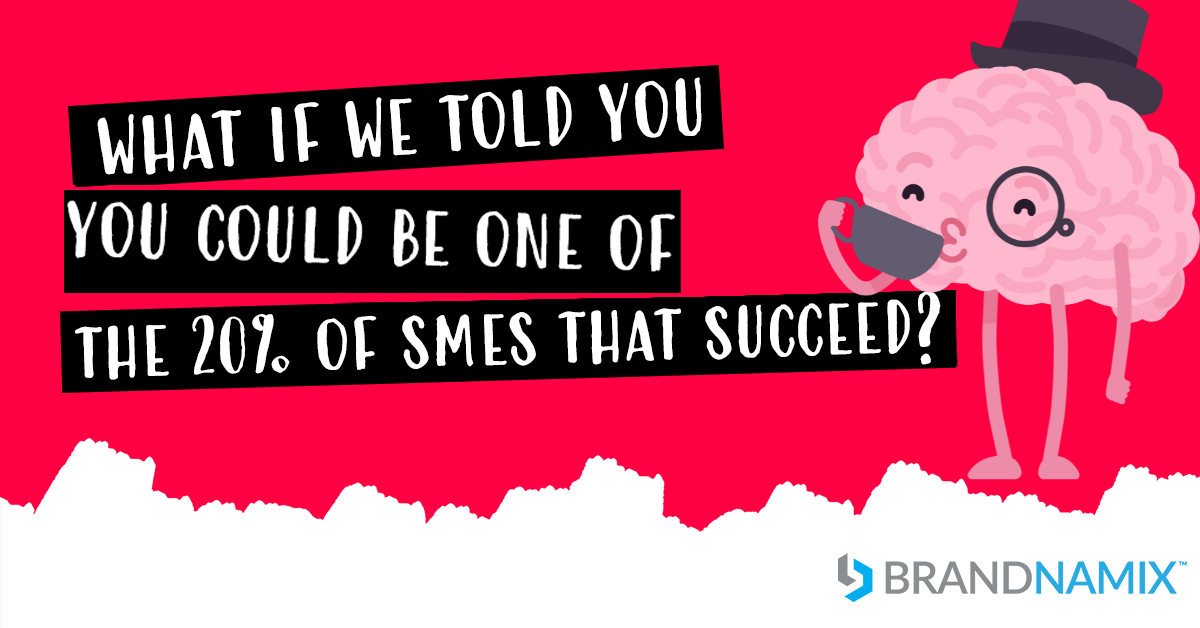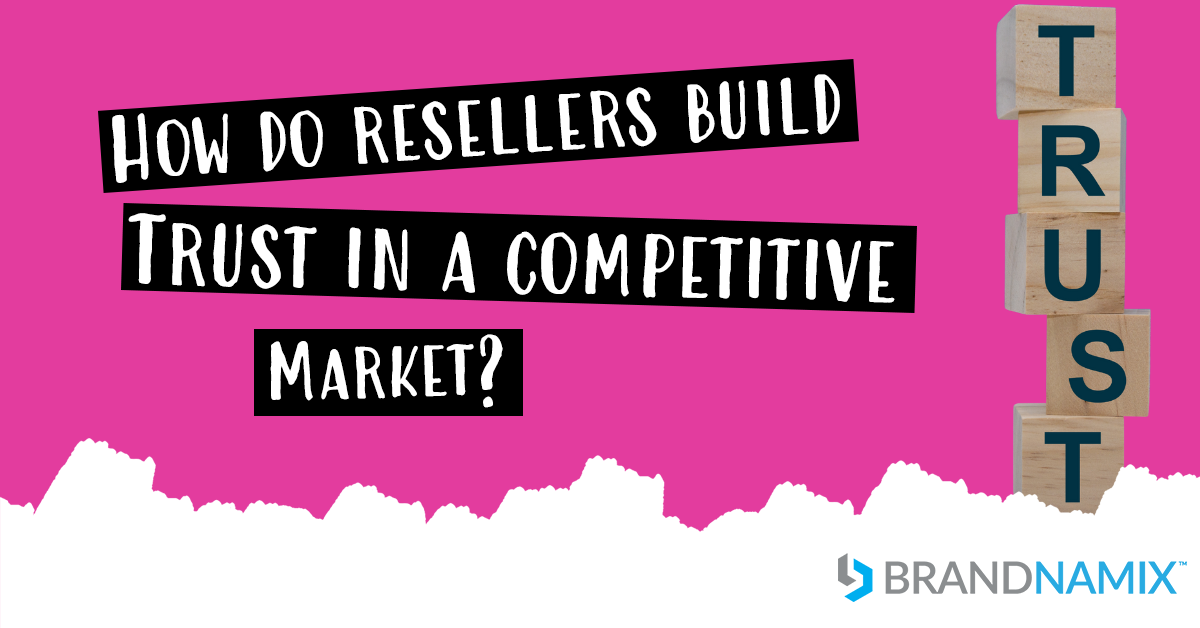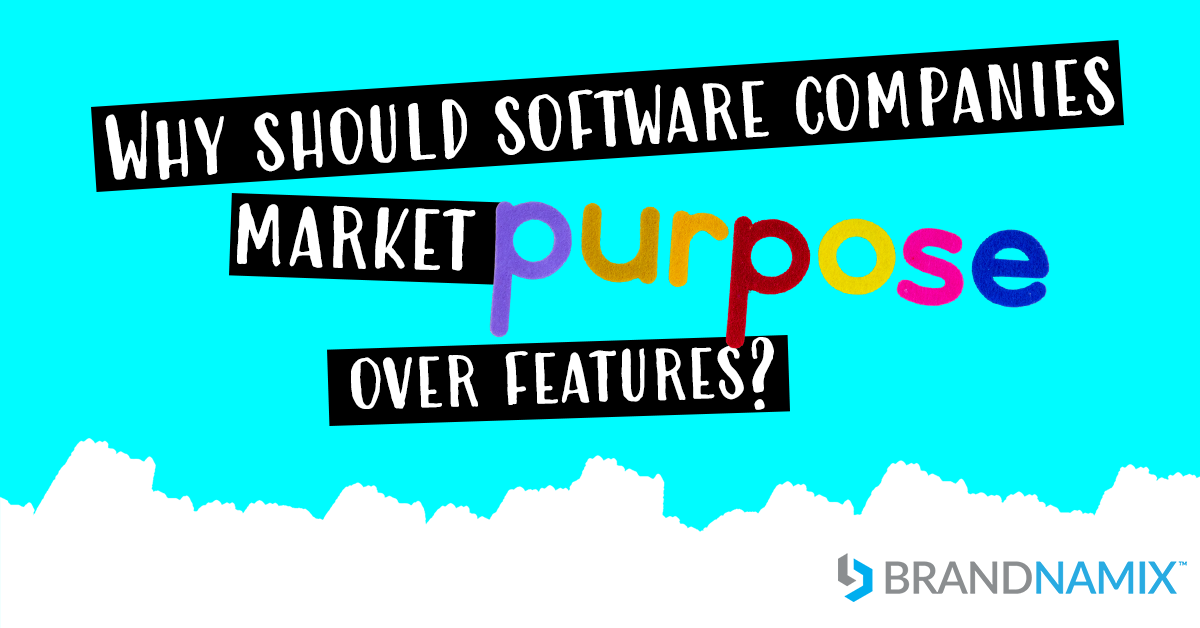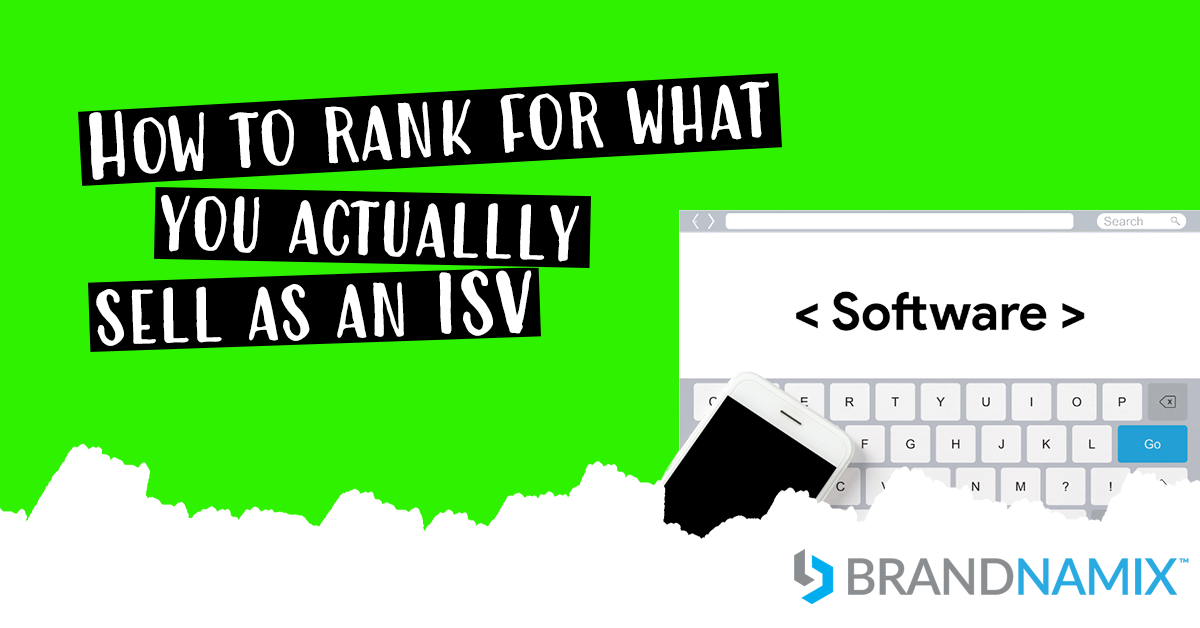

Most independent software vendors (ISVs) struggle with a common marketing problem: they’ve built great software, but can’t get it in front of the right buyers. You might have an impressive product, a good-looking site, and solid tech, but if you aren’t ranking on Google for what you actually sell, you’re invisible to decision-makers who are actively searching.
Getting your ISV to rank on Google isn’t about more traffic. It’s about attracting the right traffic. That means ranking for keywords your buyers are actually typing in, not generic content that pads your SEO reports but never converts.
Here’s how to rank effectively on Google as an ISV.

- Brand Strategy - Build a brand that stands for something.
- Content That Clicks - Bold, shareable, unforgettable.
Why most ISV SEO struggle to rank on Google
A lot of ISVs outsource their SEO. Blogs go live, backlinks get built, and impressions increase. But conversions stay flat. Why?
Because most SEO strategies chase high-volume keywords with low commercial intent. You end up ranking for "best free CRM tools" when you sell something very different, like a billing automation API. That mismatch kills pipeline quality.
Align your SEO with actual search intent
To rank effectively on Google as an ISV, you need to align content with your customer’s search intent. If your product automates compliance workflows, don’t blog about "SaaS trends for 2025". That’s noise, not demand.
Instead, target keywords tied to real problems, like:
- "Compliance automation software South Africa"
- "How to automate internal controls in SaaS"
- "Software for POPIA compliance"
These are searches from people who are ready to buy.
Turn your ISV features into content that ranks
Your product may be niche, but that doesn’t mean it can’t rank. Most ISVs describe features like devs, not marketers. But no one is Googling "modular permissions framework". They’re searching for "how to control user access in my app".
Map each feature to a real-world phrase. Then build content around that. It helps you rank on Google for the very pain points your ISV solves.
Prioritise bottom-of-funnel SEO
Top-of-funnel blogs can build awareness. But if you want your ISV to grow, you need bottom-of-funnel SEO that captures buyers with urgent intent.
Examples of strong bottom-funnel content:
- "Which SMS API is best for fintech apps"
- "How to integrate invoice delivery into my SaaS"
- "Automated workflow tools for HR compliance"
These are not just good keywords. They’re conversion-ready.
Branded SEO won’t carry you
You might love your product name. You’ve got the domain and a trademark. But unless you’re a category leader, no one is Googling your brand.
To rank effectively on Google as an ISV, you need unbranded commercial keywords. People are searching for "eSign solution for SMEs", not "InstaSign Pro X".
Avoid vanity metrics in your SEO reports
Ranking for keywords like "affordable cloud tech tips" might look good in a report, but they rarely convert. ISVs often chase traffic volume, not business value.
The goal is not to look busy. The goal is to drive pipeline. Focus on keywords with clear buying signals.
Structure your ISV website for buyers , not browsers
Most ISV websites are feature-heavy and benefit-light. A better structure improves both SEO and user experience.
Start with:
- Feature-to-use-case-to-industry page structure
- FAQs based on customer searches
- Product comparisons with SEO metadata
- Schema markup for reviews and pricing
Your site should help you rank on Google and guide buyers toward conversion.
Backlink where your audience actually goes
Backlinks still matter, but relevance is key. One link from a niche compliance blog is worth more than 10 from general tech directories.
To improve ranking, aim to be featured on:
- Niche publications
- Partner and vendor directories
- Industry-specific comparison sites
That’s how you build domain authority where it counts.
Use local SEO to boost national and global reach
Many South African ISVs overlook local SEO. But ranking locally helps build authority and wins early customers.
Try:
- Localised landing pages
- "Software for SA [industry]" variations
- Listings on Clutch, SME South Africa, GoodFirms
You can still go global. Just start where you’re strong.
Your support inbox is full of SEO content
Every customer question is a chance to rank. When someone asks, "How do I export invoices to PDF?", that’s a search term.
Turn support tickets into:
- High-ranking blog posts
- Tutorials or explainers
- SEO Q&As
Let your support team fuel your content strategy.
Repurpose what you already have
Lean ISV teams don’t have time to start from scratch. So don’t. Repurpose:
- A sales deck into a blog
- A product demo into a YouTube video
- An onboarding call into an SEO checklist
SEO should scale with you, not slow you down
Can you use AI for ISV SEO? Yes, but be original
AI is helpful for content generation. But generic output won’t rank. Google rewards quality.
Improve your content by adding:
- Real product screenshots
- Client use cases
- Local insight and specific examples
AI + authenticity = rankings that stick.
Tools that help you rank on Google
You don’t need a full-time SEO team. Just the right tools:
- SurferSEO: Structure content
- Ahrefs: Keyword and backlink research
- AnswerThePublic: Search questions
- Screaming Frog: Technical audits
- PageSpeed Insights: Improve site speed
Whether you use these tools or others like them, the point is to structure your content, optimise for speed, and make SEO decisions based on real data.
Why Brandnamix knows ISV SEO
At Brandnamix, we specialise in SEO for South African ISVs. We know how to get your business in front of buyers, not browsers.
We build lean, lead-focused strategies. No fluff. No clickbait. Just SEO that helps you rank on Google for what you actually sell.
Ready to rank for what you really sell?
Book a free SEO audit with Brandnamix. We’ll show you how to turn search traffic into signed deals. No jargon, no noise, just leads that help your ISV grow.
Ready to Make Your Brand Shine?
We’re your creative powerhouse for crafting visionary brands that don’t just stand out—they own the spotlight.
Let’s create something unforgettable, together.

